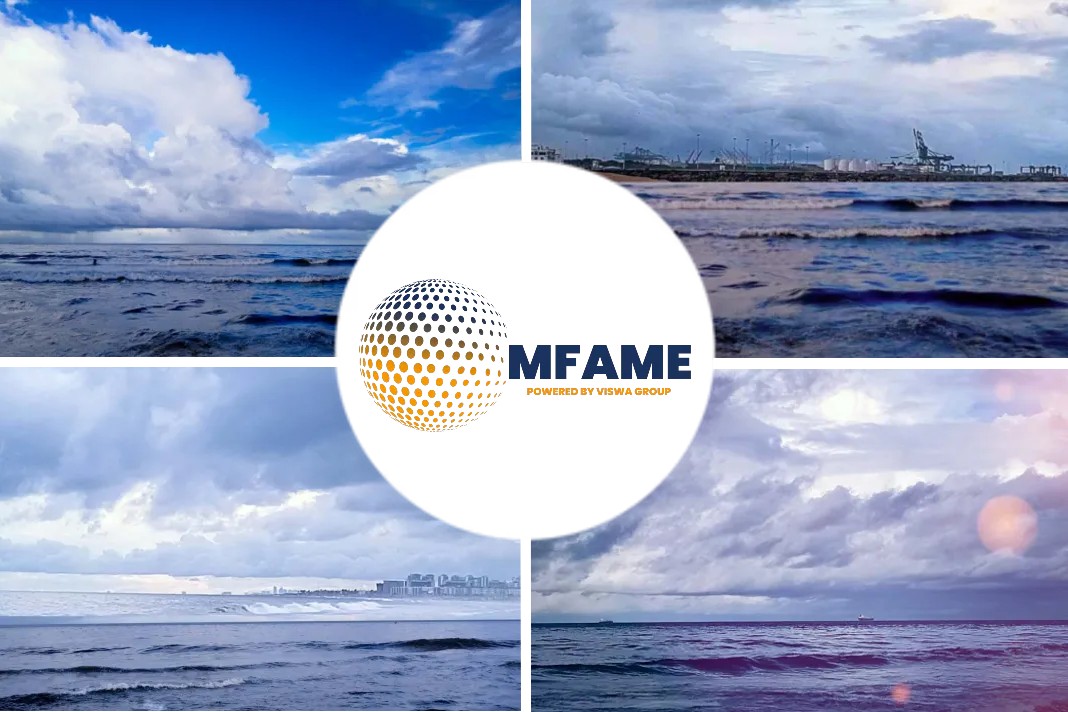
Shipping experts in Korea say HMM buyer must have ‘deep pockets’, says a Loadstar news source.
Suitability of the three competitors to buy HMM
South Korean shipping experts have questioned the suitability of the three competitors to buy HMM.
At a panel discussion, How should we sell HMM, and what is the best privatisation solution?, organised by the Korea Sea Journalists Association yesterday, Harim-JKL, Dongwon Group and LX International were deemed “mid-sized” and lacking the capital required to purchase the controlling stake in HMM.
The state took control of HMM after swapping debt for equity in 2016, the shares held by Korea Development Bank (KDB) and Korea Ocean Business Corp (KOBC). They plan to sell a 57.87% stake.
The panelists said that even if one of these companies bought HMM, South Korea’s flagship carrier could be worse off without a wealthy parent able to take the business forward.
HMM’s former head of external relations, panelist Lee Yong-baek, said: “Shrimps can swallow whales. However, if we look at past corporate acquisitions, the results were not good. KDB and KOBC shouldn’t say that they don’t know what will happen in five to 10 years whether a shrimp or whale acquires HMM, but they should find a good owner [for HMM] and finish the job.
“Even if the government funds are recovered, the point is that we need to help HMM grow as one of the top 10 global shipping companies.”
Local conglomerates CJ Logistics
Prior to the shortlisting, local conglomerates CJ Logistics, Hyundai Motor and steelmaker POSCO were reportedly viewed by the state as having sufficient wealth to acquire HMM. Reportedly, though, they were disinclined to take over HMM due to the massive price tag and the downturn in container shipping.
Acquiring the state’s interest in HMM is estimated to cost between KRW5 trillion ($3.5bn) and KRW10 trillion ($7.4bn). South Korean media reports that KDB and KOBC expect to select a preferred bidder next month.
Korea International Freight Forwarders Association president Koo Kyung-won suggested the HMM sale could be stalled and restarted, with conglomerates participating reluctantly.
He suggested the sale only focused on finding a new owner and lacked a holistic approach, such as how to add to HMM’s container terminal assets.
Mr Koo said: “Acquiring companies must strictly stipulate that their funds will be used for infrastructure investments. The government has not been able to invest in ports even after spending about KRW7 trillion ($4.9bn) of public funds to save HMM. But if the company is sold, it should be equipped with such infrastructure first.”
Mr Kwon Oh-in, director of economic policy at the Citizens’ Coalition for Economic Justice, said a sombre mood surrounded HMM, unlike other companies that are acquisition targets. He said: “When companies are to be sold, their stock prices usually surge, but HMM’s stock price is actually declining.
“A task force is needed to allay concerns about market uncertainties to encourage conglomerates to bid for HMM.”
Sungkyul University logistics professor Han Jong-kil hinted that the state should retain an interest in HMM, in a manner similar to the way Hamburg’s municipal authorities are Hapag-Lloyd’s second-largest shareholder.
Prof Han said: “If the company is in trouble, the state can increase its stake to maximise the economic effect on the country.”
Did you subscribe to our daily newsletter?
It’s Free! Click here to Subscribe!
Source: Loadstar
















